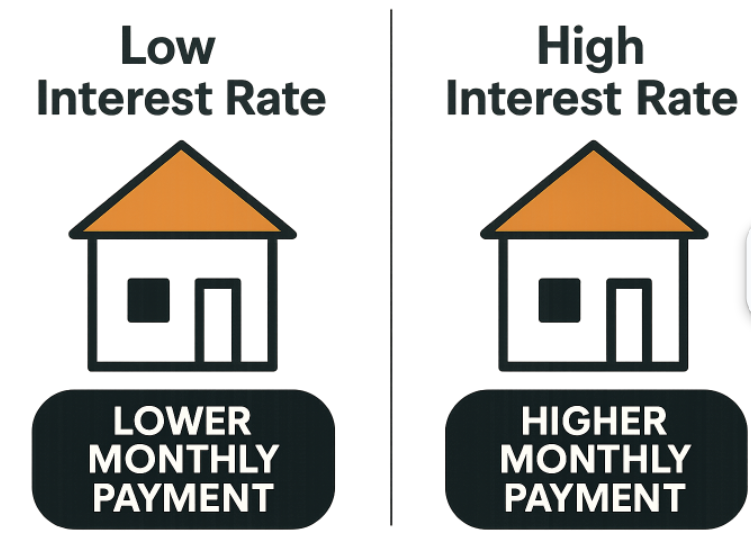The intersection of cannabis and healthcare is evolving rapidly, with science-driven approaches reshaping how patients engage with treatment options. Among the most promising innovations is personalized cannabis testing, which allows individuals to understand how their unique biology interacts with cannabinoids. This shift toward precision care is paving the way for safer, more effective, and patient-centered cannabis use.
What Is Personalized Cannabis Testing?
Personalized cannabis testing refers to the use of genetic, biochemical, or metabolic analyses to determine how an individual’s body processes cannabinoids such as THC, CBD, and minor compounds like CBG or CBN.
Key aspects include:
- Genetic testing: Identifying DNA markers that influence cannabinoid metabolism.
- Endocannabinoid profiling: Measuring baseline levels of endocannabinoids to guide dosage and strain selection.
- Tolerance assessment: Evaluating how quickly the body develops resistance to certain cannabinoids.
This approach allows healthcare providers to move away from generalized recommendations and offer tailored cannabis treatment plans.
Why Personalized Cannabis Testing Matters in Healthcare
The “one-size-fits-all” model often fails in cannabis-based medicine. Patients vary in metabolism, sensitivity, and therapeutic response. Personalized testing addresses these challenges by:
- Reducing trial and error: Patients avoid wasting time and resources experimenting with strains or dosages.
- Minimizing side effects: Testing helps identify risks like anxiety, paranoia, or drowsiness before they occur.
- Maximizing therapeutic outcomes: Personalized plans can enhance relief for chronic pain, insomnia, or mental health conditions.
Healthcare providers now view cannabis not as an alternative remedy, but as a precision tool in integrative care strategies.
Personalized Testing and Local Accessibility
As cannabis becomes increasingly mainstream, patients expect convenient access to products tailored to their health needs. In regions with progressive regulations, services such as weed delivery in Delta align seamlessly with personalized testing. Patients who understand their cannabinoid profile can order the exact strains and products they need, delivered directly to their doorsteps.
This synergy between testing and accessibility ensures continuity of care — patients can act on testing results immediately rather than relying on generic product options.
How Personalized Testing Works: Step-by-Step
A typical personalized cannabis testing journey looks like this:
- Initial consultation: Patients discuss medical history and goals with a healthcare provider.
- Sample collection: Saliva, blood, or cheek swabs are collected for analysis.
- Laboratory testing: Labs identify genetic markers or cannabinoid sensitivity.
- Customized report: Patients receive recommendations for strain types, THC-to-CBD ratios, and ideal delivery methods.
- Ongoing monitoring: Adjustments are made as health needs evolve.
This structured pathway allows cannabis to be integrated more responsibly into medical regimens.
Linking Testing Insights to Product Education
Another vital component of personalized testing is empowering patients with reliable product knowledge. Many turn to independent reviews to ensure that recommended strains or oils align with quality standards. Resources that provide insights, such as about hemp products review platforms, help bridge the gap between testing results and product selection.
By combining personalized data with trusted product reviews, patients can confidently make informed decisions, reducing the risk of choosing subpar or ineffective cannabis options.
Future Outlook: Personalized Cannabis as Precision Medicine
Looking forward, personalized cannabis testing is expected to evolve alongside advancements in biotechnology and digital health. Potential innovations include:
- AI-driven dosage calculators based on genetic and lifestyle data.
- Wearable tech integrations to track real-time responses to cannabis use.
- Comprehensive endocannabinoid mapping for more precise treatment targeting.
These developments position cannabis not merely as a supplement, but as an integral part of precision medicine — a field dedicated to tailoring healthcare solutions to the individual.
Conclusion
Personalized cannabis testing represents a paradigm shift in how patients and providers approach cannabis-based healthcare. By aligning genetic insights, product accessibility, and trusted resources it enables safer, more efficient, and customized treatments. As the healthcare landscape continues to embrace precision strategies, cannabis testing is poised to become a cornerstone in optimizing patient outcomes.
Read More: BA Insight vs Coveo: Why Businesses Choose BA Insight AI Tools




